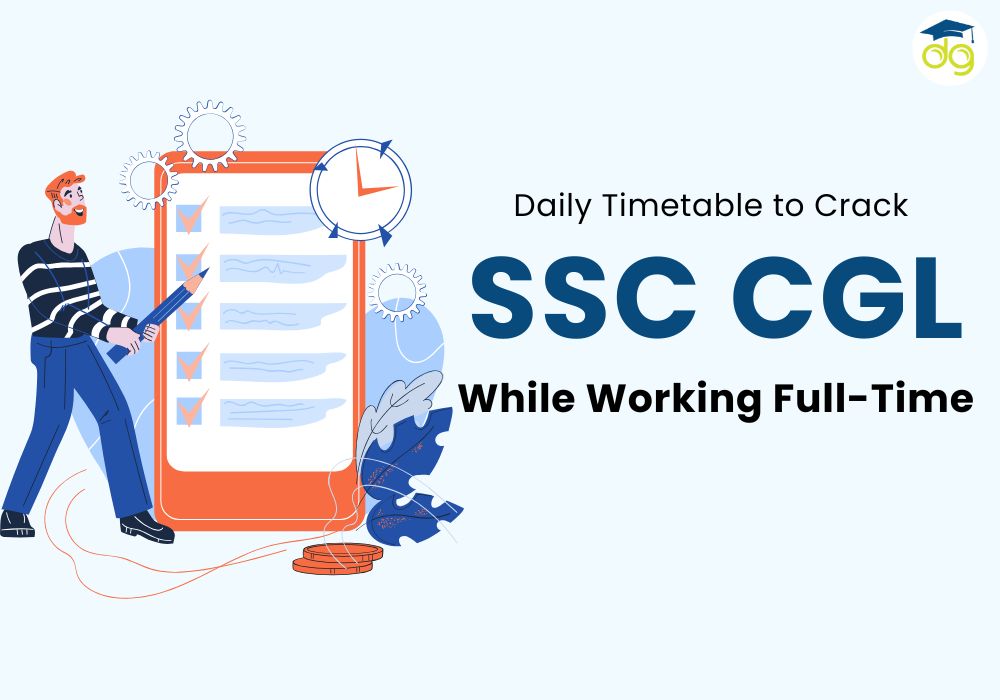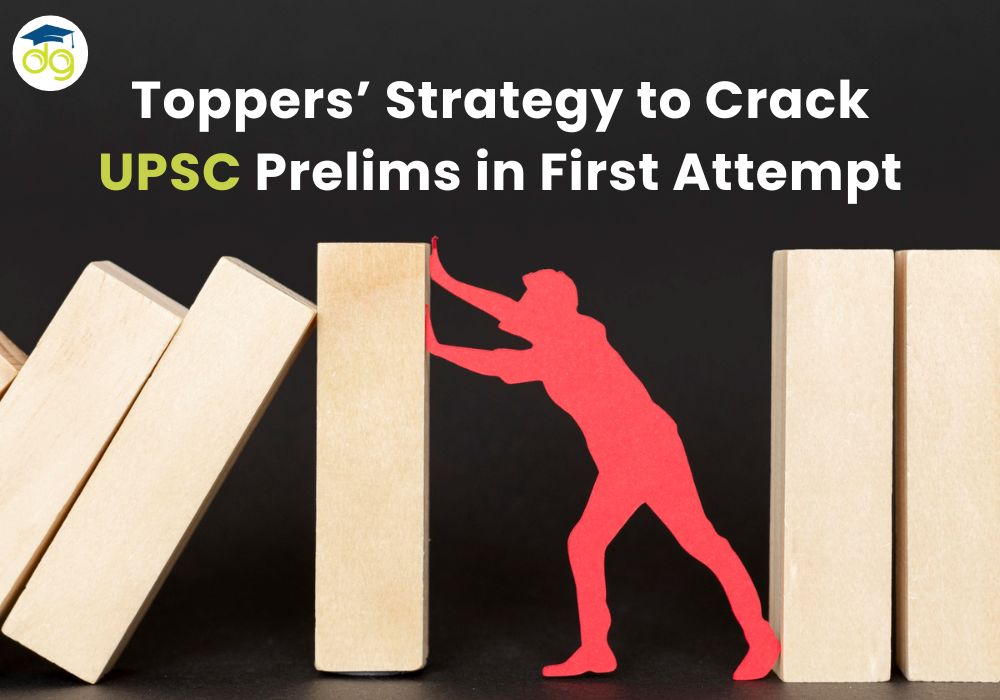How to Score 650+ in NEET 2025 Without Coaching or Tuition
Smart strategies and study plan to crack NEET through self-study only
Scoring 650+ in NEET (National Eligibility cum Entrance Test) without coaching while juggling school or other responsibilities may seem like a mountain to climb—but it's absolutely achievable. With a focused strategy, disciplined lifestyle, and smart resources, self-study can be just as fruitful (if not more) than classroom coaching. This Skoodos Bridge-style blog—which strikes a confident, conversational, and empathetic tone—will give you a roadmap to reach your dream score, entirely on your own.
Let’s cut to the chase with actionable strategies, real-life examples, and mindset dos and don’ts. We’ll cover exam mindset, scheduling, study tactics, resource selection, daily routines, performance tracking, and last-day prep. Whether you're a school student or managing other commitments, this guide is designed to feel human, relatable, and practical—zero fluff, 100% clarity.
1. Understand the NEET Terrain Thoroughly
1.1 NEET Syllabus & Exam Pattern
NEET covers Physics, Chemistry, and Biology (Botany + Zoology), with 180 multiple‐choice questions (45 each from Physics and Chemistry; 90 from Biology). The exam carries 720 marks, and negative marking adds a layer of strategy. Each topic is weighted differently, which makes knowing the syllabus inside-out non-negotiable.
Action Step: Download the latest NEET syllabus PDF from the NTA website. Categorize topics into:
- High-yield (e.g., Physical Chemistry, Human Physiology, Mechanics)
- Moderate-yield (e.g., Genetics, Optics, Coordination Compounds)
- Low-yield (e.g., semiconductors, taxonomy).
Focus more effort on high-yield topics—but don’t ignore anything completely.
1.2 Know Your Baseline
Take a full NEET mock under timed conditions. Score it honestly. Identify:
- Section-wise accuracy (Physics vs Biology vs Chemistry)
- Time management issues (stuck in Physics calculations? slow reading in Biology?)
- Knowledge gaps (e.g., certain genetics questions, Maxwell's equations)
This baseline test gives you clarity—knowing your weaknesses is vital to improve smartly.
2. Build a Realistic, Consistent Schedule
2.1 Spot Hidden Study Time
- School bus/cab: Revise flashcards or listen to topic podcasts (e.g., Biology signaling pathways, Physics formulae).
- Lunch break: Solve 3–5 problems from Physical Chemistry or practice Biology diagrams.
- Early morning (5–6 AM): A calm hour for intense study before distractions begin.
- Evenings and weekends: Longer blocks—4+ hours on study days, 6+ hours at least once on weekends.
Even if only 3 hours per weekday and 6 hours on weekends, you’ll still manage 24 hours/week—plenty to cover 3 subjects in rotation.
2.2 Weekly Plan Sample
Day | 5–6 AM | 1–1:30 PM | 6–9 PM | Weekend Focus |
| Mon | Biology diagrams | Chemistry formulas | Physics problem practice | Sat: Full-length mock with physics bias |
| Tue | Physics concept vid | Biology MCQs | Chemistry numerical work | Sun: Biology + Chemistry deep review |
| Wed | Chemistry theory | Physics flashcards | Biology reproductive systems | |
| Thu | Revision + flashcards | Biology quizzes | Physics conceptual clarity | |
| Fri | Current trend in Biology (e.g. biotech) | Chemistry quizzes | Practice diagrams Physics | |
| Weekend | Full mock (Sat), then analysis; long deep dive (Sun) | — |
Note: Stay consistent—95% adherence ensures you cover all subjects without stress.
3. Resource Selection: Less is More
3.1 Core Reference Books
- Physics: H.C. Verma Vol. 1 & 2, or D.C. Pandey for problem-solving
- Chemistry: Physical – P. Bahadur/Krishnan; Organic – Paula Bruice or Morrison & Boyd; Inorganic – NCERT thoroughly
- Biology: NCERT 11 & 12 are essential; Trueman’s Biology for reference and diagrams
Pick only one or two core sources per subject. Master them rather than skim ten guides.
3.2 Subscription Platforms & Apps
If you prefer video explanations, choose quality over quantity:
- Khan Academy (Physics & Biology)
- Aakash Live or Allen Self-Paced (if available, but stick to selective subject modules)
- YouTube channels like “Etoos” for tricky Physics concepts
Use only one platform per subject—switching between too many disrupts focus.
3.3 Quick Notes & Flashcards
Create your own:
- Physics: formulas, tricky problem steps
- Chemistry: reaction mechanisms, periodic table trends, named reactions
- Biology: lifecycle diagrams, taxonomy tables, organelle functions
Handwritten notes help with deep memory reinforcement, essential for last-minute revision.
4. Study Strategies for Maximum Impact
4.1 Active Learning & Practice
- Solve 25–30 Physics numericals daily
- In Chemistry, practice organic reaction mechanisms and physical numericals
- In Biology, write and draw 5 diagram-based answers every day
Passive reading leads to forgetting; active doing creates lasting memory.
4.2 Mixed Subject Study
Rotate subjects every study session. This avoids monotony and keeps the mind sharp—e.g., Physics morning, Biology afternoon, Chemistry evening. It also replicates exam-day switching, making you more adaptable.
4.3 Mock Tests & Analysis
- Take full-length mock bi-weekly in early prep; scale up to 2 per week as exam nears.
- After each mock, analyze deeply: where did you lose time? Which topics are weak?
- Maintain an error log with “Topic – Mistake – Concept Fix.” Revisit it weekly.
This iterative cycle of practice-analysis-fix drives continuous improvement.
5. Mental & Physical Wellness
5.1 Healthy Routines
- Sleep: 7–8 hours without compromise
- Exercise: 20–30 minutes daily (jogging, yoga, stretching)—sharpens concentration
- Nutrition: Balanced diet, avoid junk. Consider nuts, fruits, protein, and hydration for brain power
5.2 Stress-Busting Breaks
Every 45–60 minutes, take a 5-minute walk or stretch. Avoid screen burnout by stepping outside.
5.3 Mindset Mastery
Adopt "I can learn this" over "I have to get this right." A positive mindset sustains long-term motivation. When fatigue or doubt surfaces, remind yourself why you want this—then just read one paragraph. That small action builds momentum.
6. Time Management & Exam-Like Practice
6.1 Simulate Test Conditions
Whenever you take a mock, replicate NEET conditions: silence, two-section sectional strategy, no phone/glance sheets. Build test-day mental discipline.
6.2 Sectional Strategy
NEET allows full test submission in one go. But you can plan:
- First 90 minutes: Physics + Chemistry
- Next 90: Biology Part 1 + Part 2
Keep to time. Avoid dwelling on tough questions—mark and move on. Return only if time remains.
6.3 Accuracy Prioritized Over Guesswork
Because of -1 penalty, answering only when confident (~70%-plus accuracy) is safer than random guessing. Use elimination tactics to boost confidence.
7. Last 15 Days: Peak Performance Phase
7.1 Clean, Crisp Revision
No new topics. Revise your flashcards, formula sheets, diagrams. Skim NCERT for Biology and Inorganic Chemistry. Re-solve error-log questions.
7.2 Daily Practice
Take one mock per day (alternating full/subject-wise). Build stamina and speed.
7.3 Wellness & Sleep
Maintain your routine. With sleep intact, logical patterns improve, memory strengthens, focus prevails.
8. Real Aspirant Stories
8.1 Riya (State Board – Self-Study)
Scored 675 without coaching. Woke early, used 2-hour evening blocks, took 3 mock tests weekly, relied on NCERT and H.C. Verma alone.
8.2 Ankit (Dropped Year, Part-Time Job)
Managed 11 AM to 5 PM job, studied early morning and late night. Used mocks to keep tabs. His result: 680. His tip? “Consistency over brilliance—small daily wins add up.”
9. Common Queries Answered
Q: I can't wake up early—should I study at night?
Yes. Just keep two high‑focus hours daily, with the same time and mental prep routines (like using a specific desk lamp).
Q: I keep missing mock tests—should I panic?
No. Better to revise thoroughly than do a low-attention mock. If you miss a weekend mock, do two mid-week sectional mocks instead.
Q: Biology diagrams confuse me under time pressure—help!
Practice 10 diagrams weekly under timed conditions. Later, revise them fast in 2 minutes before bed. That builds muscle memory.
10. The Final Checklist
- Know your syllabus
- Baseline mock + error log
- Robust weekly schedule using hidden time
- Focus on one core book per subject
- Active practice daily + mixed subjects
- Mocks with deep analysis
- Self-care routine and positive mindset
- Test conditions simulations
- Last 15-day revision strategy
Parting Thoughts
Believing in yourself is half the battle. The other half is showing up—daily, resolute, prepared to out-study your doubts. NEET 650+ isn't about genius; it’s about disciplined effort, smart strategy, and self-belief. If you stay consistent, analyze wisely, and preserve your energy, you’ll cross that score line without coaching.
This isn’t just a blog. It’s a blueprint—sketched from experience, sharpened by aspirants, and rooted in human grit. Ready to build the score you deserve? Raise your eyes, open that notebook, and let’s make 650+ happen—together.
Drop your questions below: schedule template, tricky Physics concept, Biology mnemonics, or mock analysis tips—I’m right here, cheering you on. Skoodos Bridge has your back.
Categories
Archives
- August 20251
- July 202524
- June 202524
- May 202526
- April 202530
- March 202523
- February 202513
- January 202523
- December 202429
- November 20246
- September 20245
- August 202422
- July 202415
- May 20249
- June 202424
Similar Posts

How to Score 650+ in NEET 2025 Without Coaching or Tuition
by Skoodos Bridge

Prepare for Banking Exams Without Quitting Your Full-Time Job
by Skoodos Bridge

Daily Timetable to Crack SSC CGL While Working Full-Time
by Skoodos Bridge

Toppers’ Strategy to Crack UPSC Prelims in First Attempt
by Skoodos Bridge

Beginner’s Guide: How to Start Preparing for CAT from Scratch
by Skoodos Bridge

Crack JEE Main in 3 Months While Attending Full-Time School
by Skoodos Bridge

Top 10 CLAT Coaching in Mumbai for the Academic Year 2024-25
by Skoodos Bridge

30-Day IBPS PO Study Plan to Crack the Exam on First Attempt
by Skoodos bridge

Best Books for SSC CGL Preparation 2025 – Tier-wise Guide
by Skoodos bridge


Leave a Comment